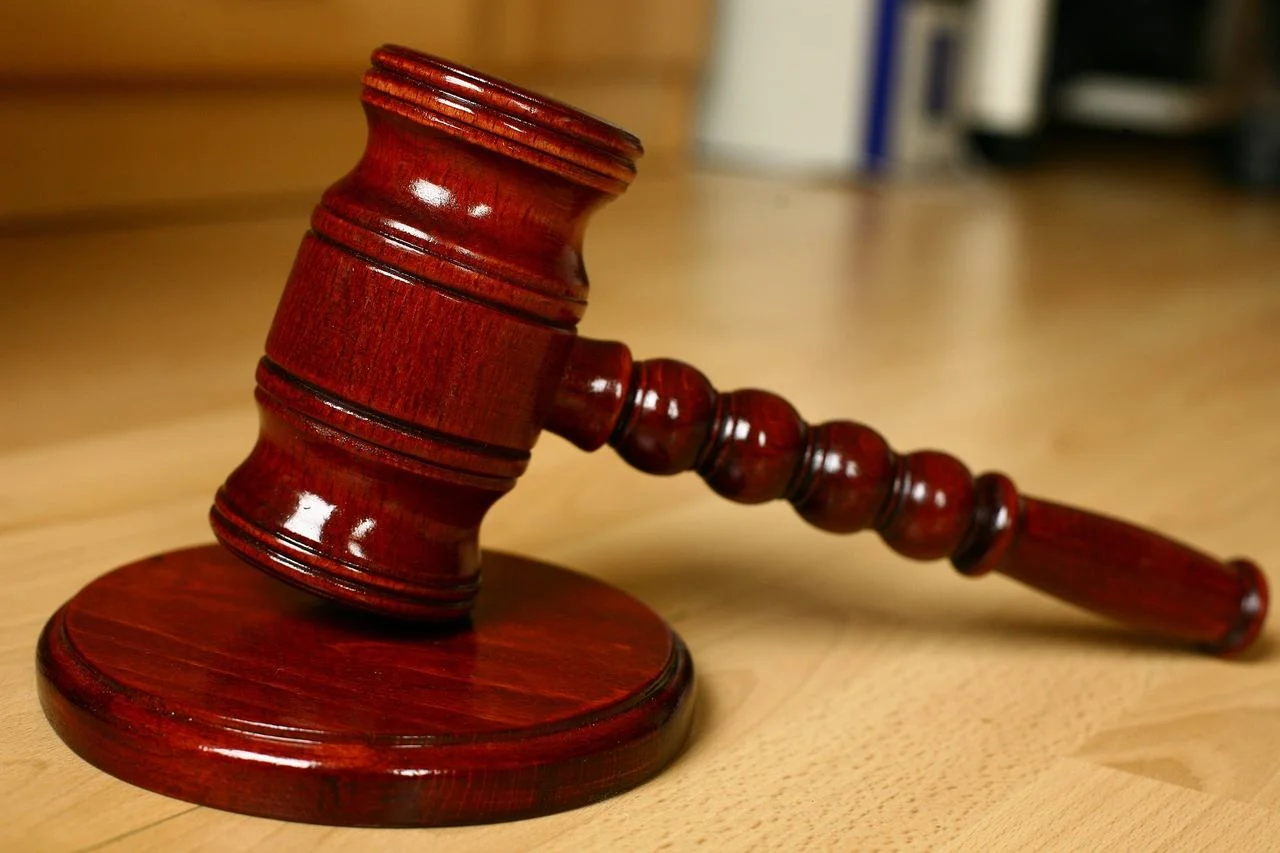How Florida’s ‘Stand Your Ground’ Law Affects Personal Injury Claims

In Florida, the application of self-defense laws can significantly influence the outcome of personal injury cases. Understanding how these laws intersect with civil claims is essential for anyone involved in incidents where self-defense may be a factor.
Overview of Florida’s Self-Defense Laws
Florida’s self-defense laws, often referred to as the “Stand Your Ground” law, provide individuals with the right to use force, including deadly force, in self-defense situations. Key aspects of these laws include:
- No Duty to Retreat: Individuals have the right to stand their ground and use force, if necessary, to defend themselves or others against imminent threats of harm.
- Reasonable Belief: The use of force must be based on a reasonable belief that such force is necessary to prevent imminent death, great bodily harm, or the commission of a forcible felony.
- Immunity from Prosecution: Under certain circumstances, individuals who use force in self-defense may be immune from criminal prosecution and civil liability.
Impact on Personal Injury Claims
In the context of personal injury claims, Florida’s self-defense laws can impact cases in several ways:
- Defense Against Claims: Defendants in personal injury cases may assert self-defense as a defense against allegations of negligence or intentional harm. They may argue that their actions were justified under the circumstances.
- Burden of Proof: Plaintiffs must overcome the assertion of self-defense by proving that the defendant’s actions were not justified or that excessive force was used beyond what was reasonable under the law.
- Evidence and Testimony: The facts surrounding the incident, including witness testimony and physical evidence, play a crucial role in determining whether self-defense is a valid defense in personal injury litigation.
Legal Considerations
When self-defense is raised as a defense in a personal injury claim in Florida, several legal considerations come into play:
- Objective Reasonableness: Courts assess the reasonableness of the defendant’s belief that force was necessary based on the facts known to them at the time of the incident.
- Comparative Fault: If the plaintiff’s actions contributed to the incident, Florida law allows for the reduction of damages based on comparative fault principles, although the specifics of this may vary based on the circumstances.
Seeking Legal Counsel
Navigating personal injury claims involving self-defense in Florida requires a thorough understanding of both criminal and civil law. Consulting with a knowledgeable personal injury attorney is crucial to:
- Evaluate Claims: Assess the validity of self-defense claims and potential liability or defenses in your case.
- Gather Evidence: Compile evidence to support or refute claims of self-defense, including witness statements, medical records, and expert testimony if necessary.
- Advocate for Fair Compensation: Ensure that your rights are protected and pursue fair compensation for injuries and losses resulting from the incident.
Conclusion
Florida’s self-defense laws can have a significant impact on personal injury claims, shaping the legal strategies and outcomes of cases where self-defense is asserted. Understanding these laws and their application in civil litigation is essential for both plaintiffs and defendants involved in such cases.
For personalized legal advice and representation in personal injury claims involving self-defense issues, contact a reputable personal injury attorney with experience in handling complex litigation under Florida law.